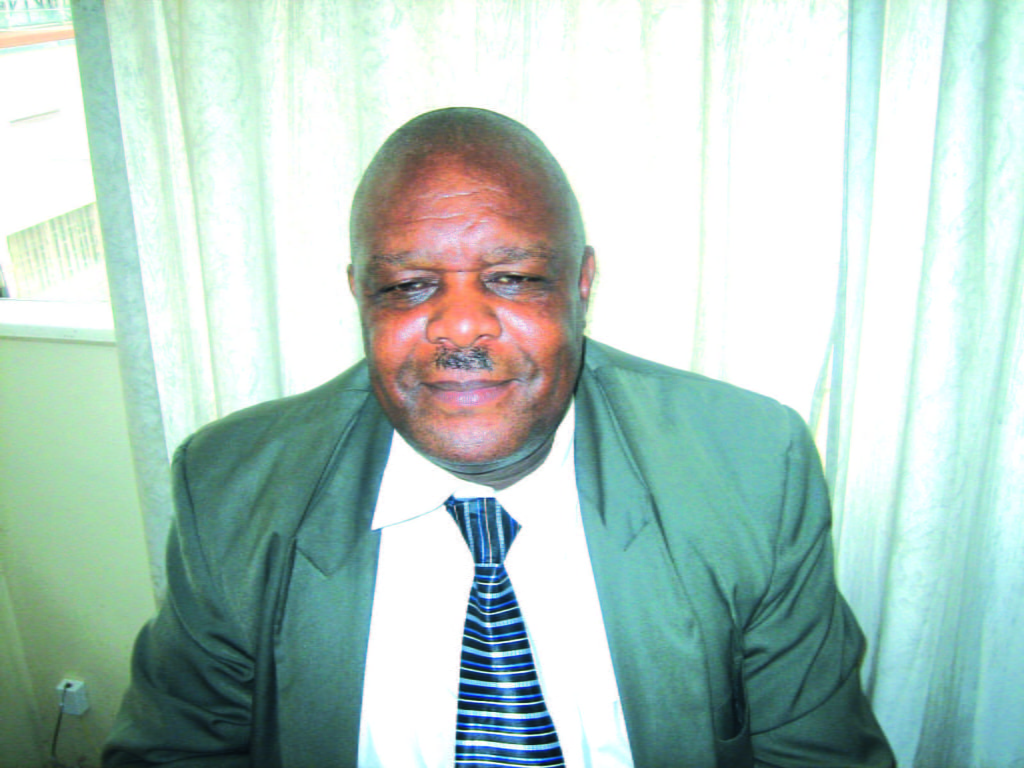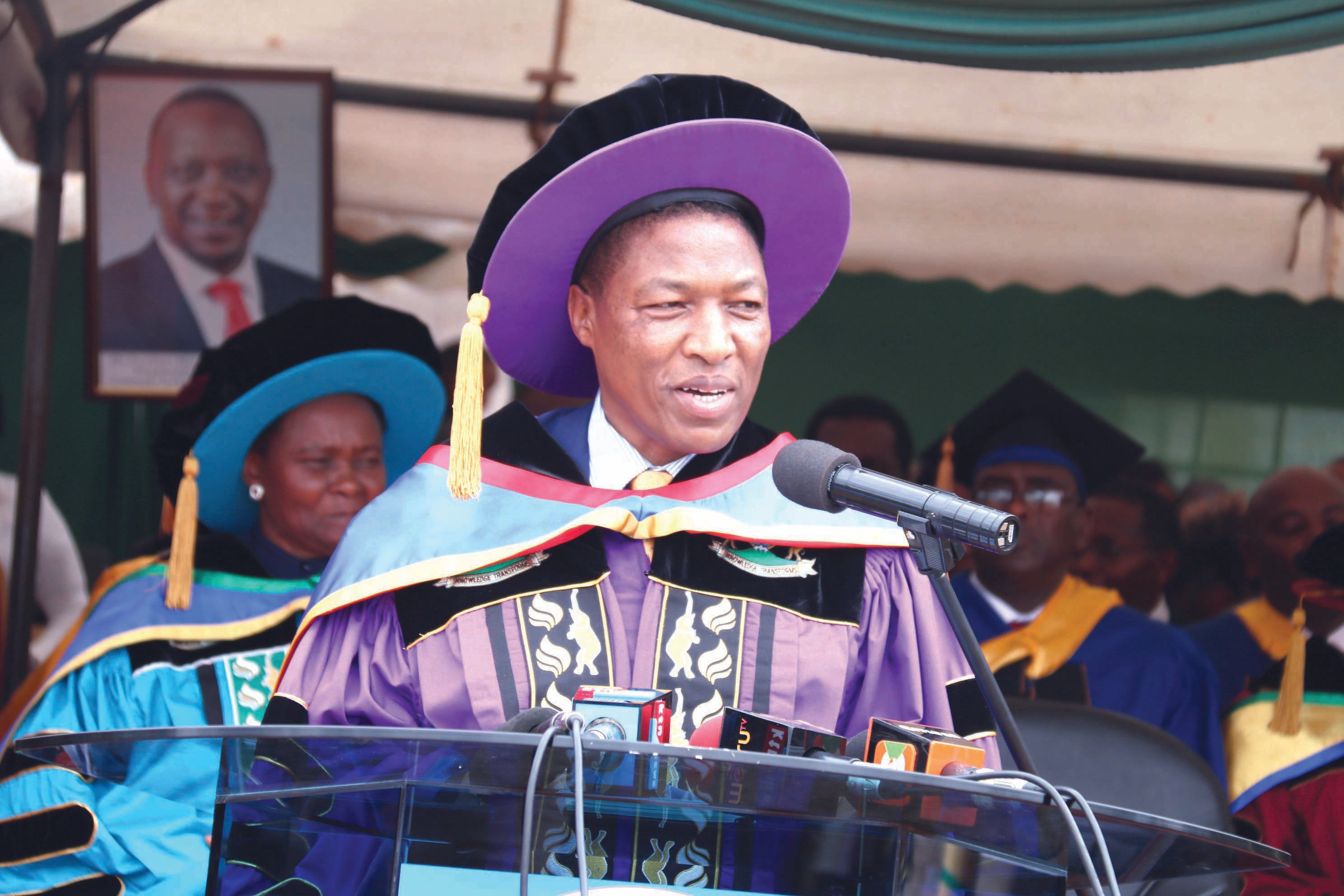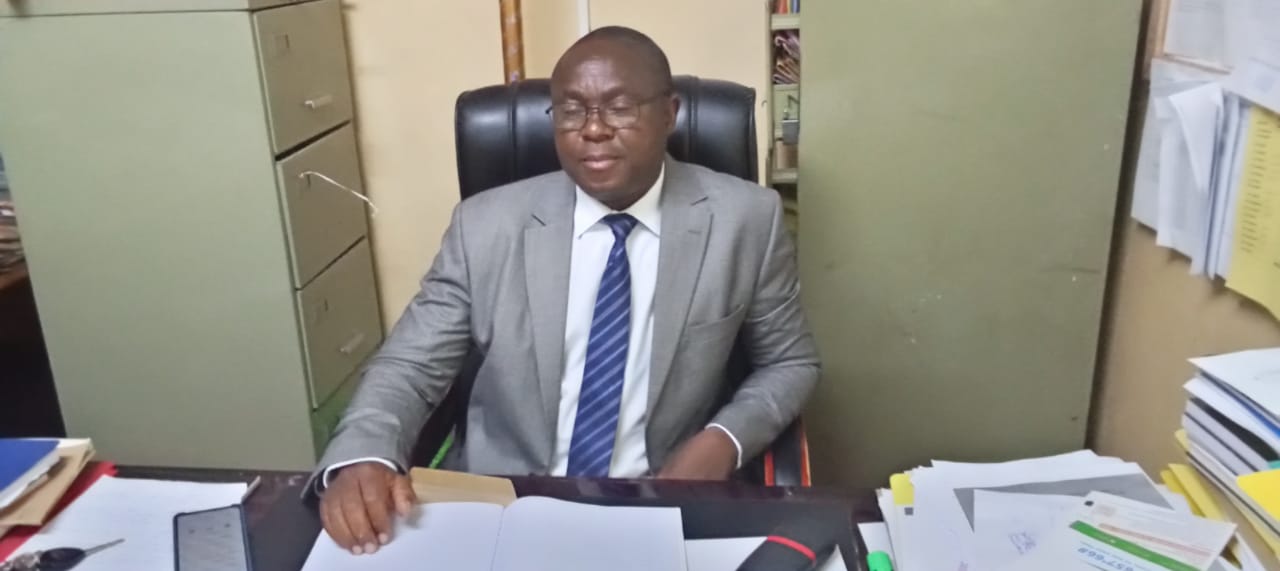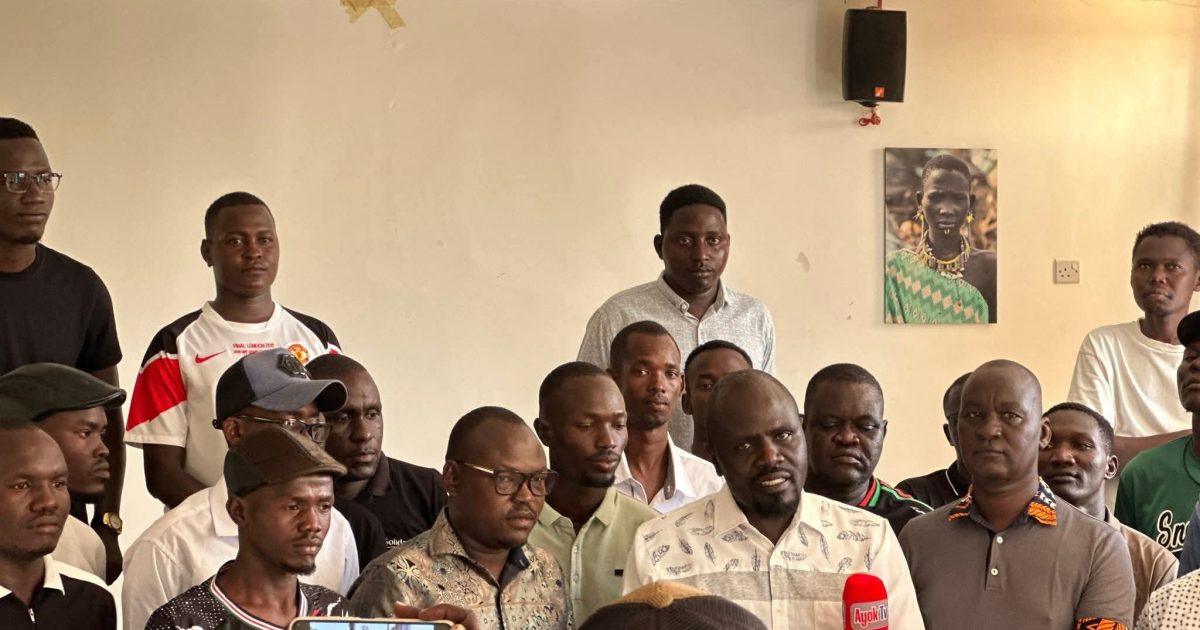University of Embu Chancellor had proposed alumni be involved in hiring of university chancellors, VCs and DVCs
By Jackson Okoth
The recent recommendation by University of Embu Chancellor Paul Musili that alumni have a role in the appointment of university bosses, has elicited mixed reactions from the academic community.
Prof Musili had said the alumni are major stakeholders in the governance of universities noting the current arrangement, where chancellors and vice chancellors are appointed by President and Education CS, respectively, undermines the autonomy of the universities as learning institutions.
He made the remarks during his recent state of the university address at University of Embu.
While a section of education administrators, lecturers and students share the view that alumni of universities should also be involved in the hiring process of these top managers; there are those who are reluctant to support this move.

The jury is still out on whom among members of a university alumni should be involved in the hiring process of a Chancellor or Vice Chancellor as well as Chairman of the Senate Council.
There are fears that the alumni of any university may not possess the requisite skills to determine a person suitable to be a Chancellor or Deputy Vice Chancellor.
“While a topmost administrator at any university must be selected based on one’s administrative skills as well as academic and research capabilities, members of the alumni association may not possess the required skills to hire someone with the required caliber,” said Professor Sammy Kubasu- Secretary General, University Academic Staff Union (UASU), Masinde Muliro University Chapter.
He said there is a risk that the alumni could pick on a populist Chancellor of VC who may, however, have limitations on what qualities are required at that level.
“While in other developed countries, the alumni of universities are quite active in who becomes a chancellor or VC of a university, Kenya has some ground to cover before we reach there. Our society is still tribal in nature and highly politicized,” said Prof Kubasu.
“I believe the alumni are major stakeholder of the university and should have an opportunity to speak with the potential VC,” said Professor David Serem, Chairman of the Council, Mt Kenya University.
He added that the alumni are critical stakeholders in any university, especially those institutions that are well established. “What I am uncomfortable with is why the Council should submit three names to the CS after spending resources and time to vet qualified candidates. The Council should be allowed to look at all the parameters and then submit one name for appointment, rather than giving the CS the leeway to choose among the three,” said Prof Serem.
“The best universities are autonomous and should run their affairs independently. This should be the approach to take in the administration of our universities including the appointments of chancellors and vice-chancellors. The alumni are major stakeholders in the governance of universities,” said Prof Musili.
According to the Universities Act 2012, the Council shall recommend to the Cabinet Secretary, appointment of the Vice-Chancellor, Deputy Vice-Chancellors and principals of constituent colleges.
But according to proposed amendments to this Act, yet to be passed by parliament, these three officials are to be recruited by the Public Service Commission (PSC). The Education Cabinet Secretary then makes the appointment after PSC is done.
At the moment, recruitment of these top university managers is conducted by university councils. But these councils have been accused of being biased, politically inclined and tribal. There are instances where the CS ignores recommendations by the councils, severely disrupting operations at these learning institutions.
“The task of appointing a Vice Chancellor should be left only to those who are familiar with requirements of the holder of this position. It should not be merely an issue of who garners the most votes, like happens in those situations where one is seeking for a political office,” said Dr Gerrishon K. Ikiara, Fiscal Policy Analyst and Lecturer, Institute of Diplomacy & International Studies, University of Nairobi.
Dr Ikiara agrees that there are University Councils which may have abused their powers in recommending a list to the CS for appointments. “This is why these councils need to consult other stakeholders, including alumni association as well as representatives from the Ministry and Commission for University Education, so as to deal with technical aspects and other considerations such as disability, gender parity or ethnic balance,” said Dr Ikiara.
He adds that it is clear that there is need for uniform standards on appointment of VCs, Deputy VCs in all Public Universities.
“We need an appointment system that has clear objectives, based purely on merit, but also tampered with any other considerations, when making appointments of VCs and Deputy VCs. This is to avoid present instances where there is intense lobbying for one to appointed VC, based purely on their ethnicity and whether it matches with that of the dominant community surrounding the particular university,” observed Dr Ikiara.
Proposed amendments to the Education Act include one that a university Senate will, in consultation with key stakeholders, identify suitable persons to be VC, Deputy VC or Constituent College Principal.
The Public Service Commission shall then forward the names of the top three candidates to the Cabinet Secretary for onward transmission to the President, who shall pick one of the persons for appointment as Chancellor.






